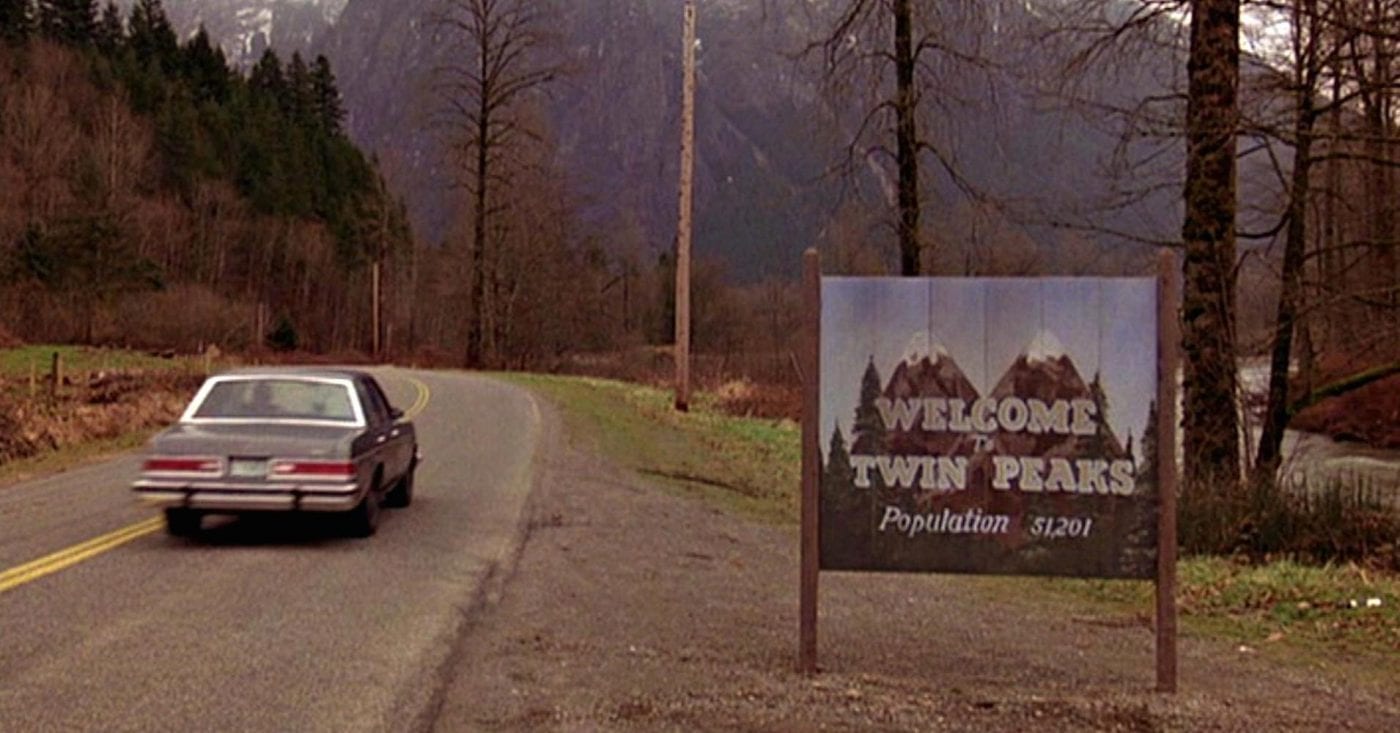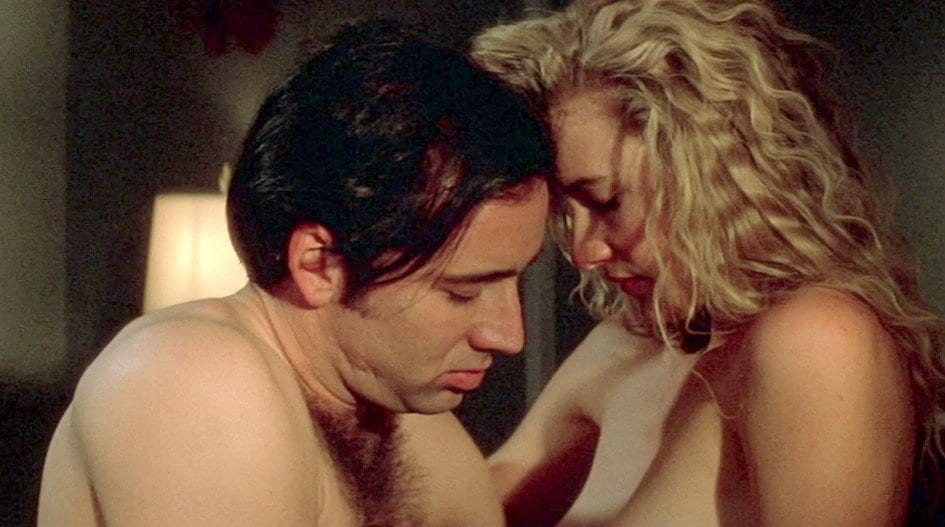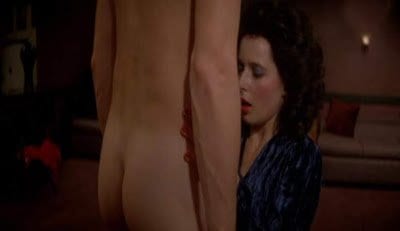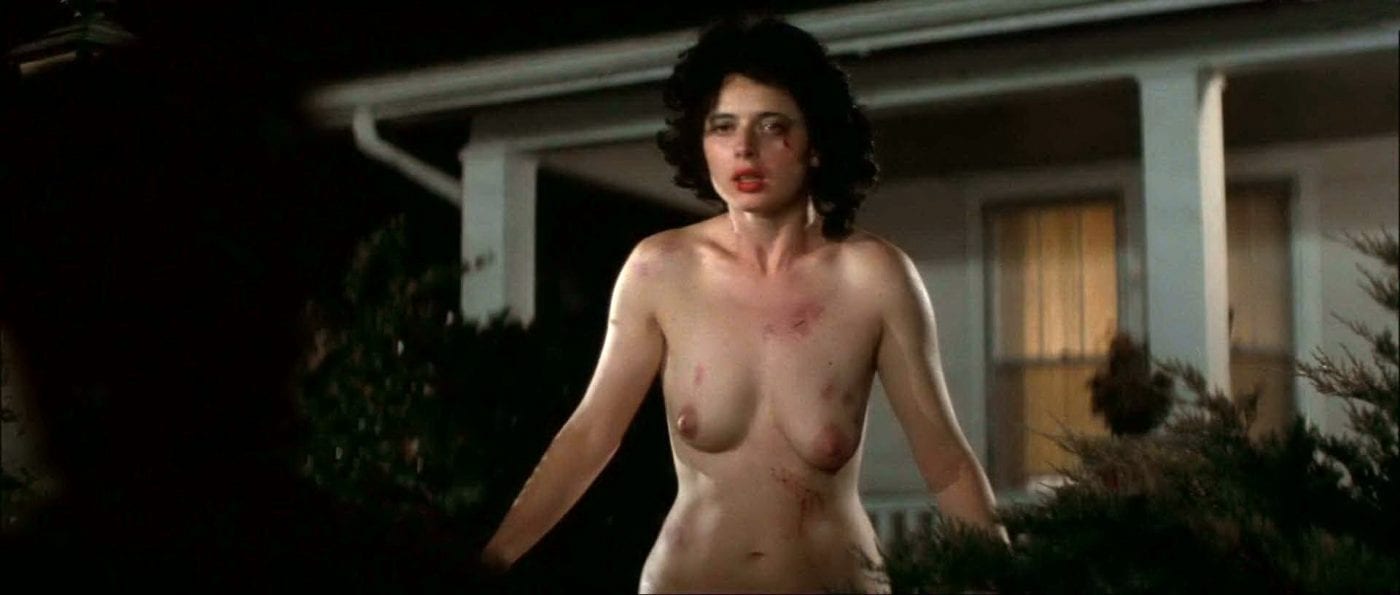My first memories of writing come from primary school – Elementary school to all of you in the states – where the teacher got us all to write stories on specially cut pieces of paper – each side of the paper divided in to two. Then, when we were done, the teacher took our work, stapled it down the middle, folded it and turned it in to our very own published books complete with hand drawn text and illustrations. I remember going home and making more of them for my mother. I no longer remember what any of them contained but I remember loving the idea of creating my own stories and putting them down on paper for others to read. An idea that I sill hold dear to this day.
My first serious attempt, from what I can remember must have been when I was maybe twelve years old. I remember sitting at the dinette of my parents boat with an old Windows 95 laptop that my step father had given me. It was a fantasy story, about a man wandering a great forest. At one point he gets captured and imprisoned by goblins. I don’t remember much more of it, only that my mother read most of it and said it was good. It wasn’t, but I wish I still had a copy of it so I could go back and see just how bad it was.
Every writer, I imagine, knows when they first started writing. I can chart mine back all the way to being five years old. I also imagine every writer knows the turning point in their career where they turned from amateur, to serious writer and what influenced them to do so. For me, that main influence came from David Lynch and Twin Peaks.
Now Twin Peaks, being the first of Lynch’s work that I ever saw, was not the huge turning point. The show did have a great effect on me. I had never seen anything that could infect my brain more than that show. The show was over twenty years old when I first saw it, but I could immediately see why it got its hooks in to everyone when it first aired. Why everyone was talking about it around the water cooler. I was going to work at my part time job whilst a student and could not stop thinking about what I had watched that morning. I couldn’t stop thinking about poor Laura, about Dale and Harry and all the others. I just wanted to go home, change in to my pyjamas and watch all night long.
When it was over, I wanted it to carry on. I wanted to stay in that world and I wanted the story to never end. The next obvious step was to go out and get hold of more of Lynch’s work. Who was this guy that co-birthed one of the greatest things I had ever seen on television? What else had he created and where could I find it?
It was this discovery of Lynch that grabbed me, shook me by the brain and screamed ‘This is what you have been missing. This is what your mind has seen and never been able to get out on paper. This man with the floppy hair, this genius of modern story telling is the key to the unfound door!’

Those of us who know Lynch’s work know the trademark qualities. Dreams and surrealism stand out at the forefront of these, and it is this that drives Twin Peaks throughout its entire course. It wasn’t however until I started to branch out in to his other films that I found the other aspects of David’s work, and the aspects that changed me the most. Those were: sexuality, violence, and humanity. David seems so unafraid to portray things in his films that perhaps were not socially acceptable at the time. To me, it seems like he lets the story tell itself how it is meant to be and not how society and production company say it should be. The man is fearless and he is unlike any other movie maker I have encountered. Though it goes to say I am not a huge movie buff. I am much more a book and television guy.
Lets take Wild at Heart for example. The first thing that jumped out at me when I saw this film was the use of the naked form and the prevalence of sex within it. The level of nudity and a few moments shared between Sailor and Lula within this film are almost akin to a little soft core pornography, but in no way draws from the storytelling. We know that David is a big fan of the female form — as are all heterosexual men — so this could account for some of it. But it never feels overused and no set of breasts ever feel like they are on screen just because.

The film did still have the power to shock me though. Never before on screen (outside of a porno) have I heard a woman tell her partner what it is like to have him inside of her. Yet when I say that it shocked me, there was that split second of ‘Oh my God’, but it very quickly disappeared. Instead it became a sort of understanding. If a woman truly loves the sex she is having with her partner, would she tell him? Probably yes, especially if they loved each other, which these characters clearly did.
Similarly, in Blue Velvet, the sexual interaction between Jeffrey and Dorothy has the power to shock viewers. The way she strips him down completely naked in front of the camera, how she begs him to hurt her, tells him that he can do anything to her. This is not your run of the mill sex scene, this is far beyond. This is more human than any scene of its kind I had ever seen before or since.

Violence to some degree is a lesser aspect. There are tons of movies that portray graphic violence as if it where another check box on the tick list of movie making. David Lynch is no exception. Take the scene in Wild at Heart for example where Bobby Peru falls on his double barrel and blows his head off. There is a lot to be said about desensitisation against violence through media but this is not the time. What I refer to here is David’s use of mental and physical torture. Laura Palmer is one of these tragic victims and there are some awful scenes in Twin Peaks that show her violent demise through rape and eventually her murder. Laura’s final days being some of the most distressing and disturbing I’ve seen. And not to tread too far in to the territory of crossing Blue Velvet with Twin Peaks, Dorothy Vallens is no different. She is tortured and punished mentally and sexually to the point where she accepts it as the norm.

I’m not saying that David has turned me in a narcissistic lunatic by any means, only that he has opened my mind.
Up to the point of discovering Lynch I had been lost in the endless realms of fantasy. Tolkien, Jordon, Goodkind and Sanderson were the guys I turned to when I needed escape from the world and it was those guys who I turned to for inspiration, creating my own huge fantasy worlds full of myth and legend. I had no trouble writing and, although amateurish, the stories that came out had their charms. Looking back, though, I somehow felt unfulfilled. Once I laid eyes on this new world however, it all seemed rather insignificant. The monster pounded at the door. The hinges bulged and splinters flew around my mind until, eventually, the lock burst and this new wave of creativity overtook me.
I found myself writing things I would never have previously dreamed of writing. Scenes that shocked even me as the creator. Violence in graphic detail. People dying in the most awful ways. Sex and rape and characters you would expect to read about on the front of the daily newspaper. Ideas were swarming in my brain and for a while I wasn’t sure it was a good thing. Ideas that I wasn’t sure I could write, at least not write and then be consumed by the public. A feeling I have since quashed.
You see David Lynch, to me tells much more human stories than other film makers. As I mentioned previously he’s not afraid to be brash and its not for the sake of being brash. It is to tell the story. When I write, I fully believe that the idea comes from the creator’s mind, but the story, once it begins, takes on its own life. There is no better feeling as a writer than sitting down at the computer and letting the story run wild. People say that characters take on their own lives once they get down on paper, and I believe this is the same for the whole story. I like to think that this is how David writes. He comes up with the idea and then lets it run its course, following its twists and turns and seeing where it ends up. Is he responsible for some of the most shocking and disturbing things I have ever seen put on the screen? Yes. But he is also responsible for some of the most human, gripping, moving and believable stories also.
I don’t know what all of this says about me and I don’t care to stop and think about it. All I know is that I hold him responsible for unlocking the writer I have become. I enjoy writing my stories now more than I ever did and through every character, in every location and around every twist I see his influence.
Artistic empowerment to me is the ability for someone to be influenced and find courage, hope and renewed creativity through other peoples art. This is what David Lynch is to me.
He is the water and he is the well.
Drink full and descend.



Very interesting assessment here.